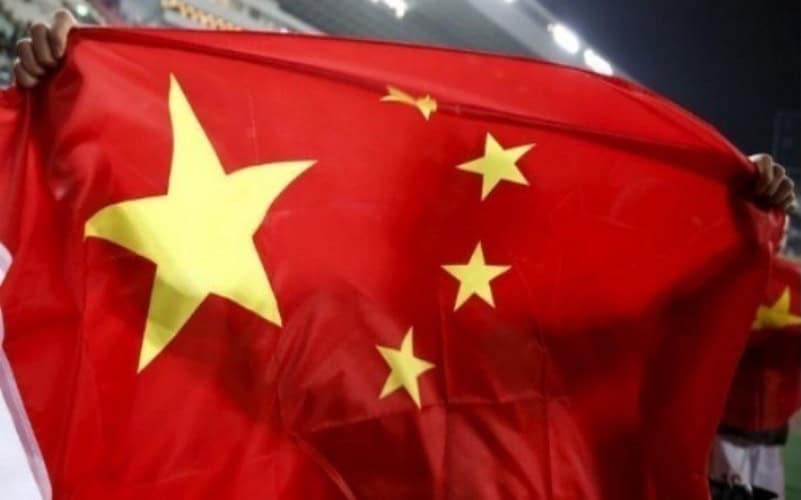Beijing: China on Monday called on the United States to “think twice” about its decision to ditch a Cold War-era nuclear weapons treaty with Russia.
US President Donald Trump announced over the weekend his plan to withdraw from the 1987 Intermediate-Range Nuclear Forces Treaty, which banned ground-launch nuclear missiles with ranges from 500 to 5,500 kilometres (300 to 3,500 miles).
But Trump said the Russians had been violating it “for many years” and that China, not a signatory, remained free to develop such weapons.
Two top Republican lawmakers backed Trump’s worries about China on Sunday, saying there are concerns the treaty is holding the US back while allowing China to move forward with its own developments.
“It needs to be emphasised that it is completely wrong to bring up China when talking about withdrawal from the treaty,” said Chinese foreign ministry spokeswoman Hua Chunying Monday.
The treaty has played an important role in advancing the disarmament process and maintaining a strategic balance and global stability, Hua said.
“Unilateral withdrawal will have a multitude of negative effects,” she told a regular news briefing.
Hua said China hoped the relevant parties can “think twice about the issue of withdrawing,” in a reference to the US.
On Sunday Republican Senator Lindsey Graham backed Trump’s plan to withdraw from the nuclear accord, saying the US needed to be free to respond to a Chinese nuclear build-up.
Washington has complained for nearly two years that a ground-launched missile system deployed by Russia breaches the treaty.
Another senior Republican, Senator Bob Corker, said on CNN that he hoped Trump’s stance was designed merely to pressure Russia to return into compliance.
The landmark treaty was signed by Ronald Reagan and Mikhail Gorbachev and led to nearly 2,700 short- and medium-range missiles being eliminated.
It put an end to a mini-arms race in the 1980s triggered by the Soviet Union’s deployment of SS-20 nuclear missiles targeting Western European capitals.
[source_without_link] Agence France-Presse[/source_without_link]

